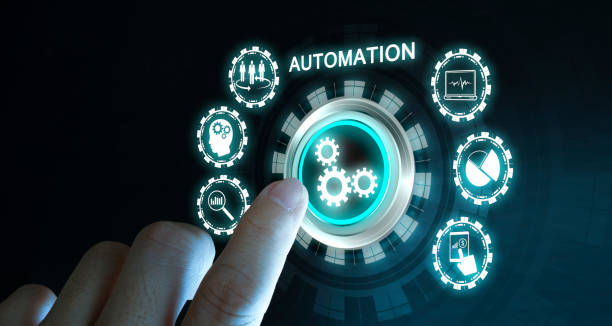The rise of automation and artificial intelligence is rapidly changing the landscape of the job market. Industries ranging from manufacturing to finance are increasingly relying on machines to perform tasks that were once the domain of human workers. While this technological advancement brings efficiency and cost savings, it also raises concerns about the future of work and the displacement of jobs.
As machines become more capable of performing complex tasks, the demand for certain types of labor is decreasing. This shift is particularly evident in industries that rely heavily on routine and repetitive tasks, such as assembly line work and data entry. However, automation is also beginning to encroach on jobs that require higher levels of cognitive skill, such as data analysis and even some forms of legal work.
The impact of automation on employment varies across different sectors and regions. While some jobs are being lost to machines, new opportunities are emerging in areas such as AI development, robotics, and data science. However, the transition can be difficult for workers who find their skills becoming obsolete. Reskilling and upskilling are becoming essential for workers who want to remain competitive in the job market.
Governments and businesses must work together to address the challenges posed by automation. Policies that support education and training programs, as well as safety nets for displaced workers, are crucial for ensuring that the benefits of automation are shared broadly. As we move further into the age of automation, it will be important to strike a balance between embracing technological advancement and protecting the livelihoods of workers.


